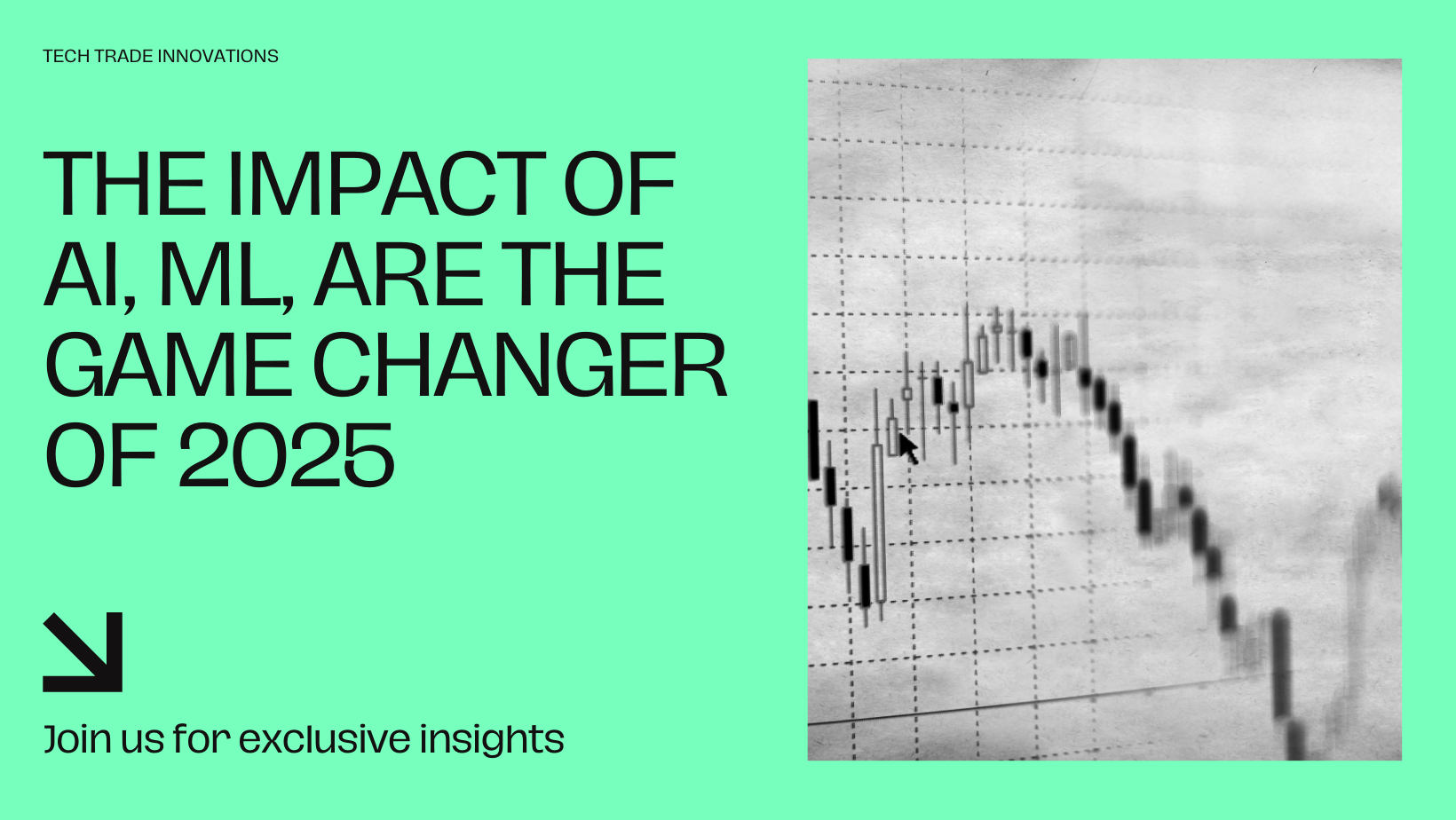- The Introduction – Revolutionising Prop Trading Firms:
- Understanding Marketing Automation and Artificial Intelligence!
- Artificial Intelligence (AI):
- Final Commentaries:
The Introduction – Revolutionising Prop Trading Firms:
Over the past few years, the prop trading firms sector has significantly evolved, primarily due to technological developments. In particular, prop trading has been enhanced by the introduction of artificial intelligence (AI) and machine learning (ML). It has transformed the operational and competitive structures of prop trading businesses.
The present blog is devoted to the scope which discusses the changes in the business of prop trading. Due to the introduction of AI and ML along with their advantages and disadvantages.
Understanding Marketing Automation and Artificial Intelligence!
The advancements in Marketing Automation and Artificial Intelligence (AI). These are two of the major game changers in the way customers and businesses interact with each other. Let us elaborate on these concepts.
Marketing Automation system:
Marketing automation refers to the use of software to complete mundane marketing tasks. It can be done on knee level such as e-marketing, social media promotions, or nurturing leads.
In this regard, businesses can be relieved from performing these activities enabling them to save time. Enhance efficiency, and better enhance their markets through customization.
Key features of marketing automation platforms:
- Email marketing: Set up and manage email marketing campaigns adapt the content for every audience. And measure the open and click rates.
- Social media management: Manage publication of content and target audience interaction as well as monitor social network statistics.
- Lead generation and nurturing: Generate potential customers and then follow up with them using automated processes.
- CRM integration: Integrate systems into your CRM to help streamline customer information into one unique view.
- Analytics and reporting: Evaluate your marketing campaigns and produce performance reports.
Artificial Intelligence (AI):
AI is the umbrella term for computer science that concerns the development of intelligent agent systems. It is capable of reasoning, learning, and solving problems. In respect of marketing, AI can serve to interpret information, enhance customers’ interaction with the companies, and envisage the future.
Artificial Intelligence in marketing and its most important use cases:
- Predictive analytics: Uses AI to identify possible customer patterns and opportunities.
- Personalization: Builds a unique experience for a customer according to their characteristics and behavior.
- Chatbots: Providing user assistance through the use of AI-based chatbots that answer questions.
- Content generation: Appropriately personalize any materials that require creation, such as product-auditor’s reasons and email titles.
- Image and video recognition: Provides image and video scan services to understand the customer’s likes and views.
How do Marketing Automation and AI Work Together?
The combination of marketing automation and AI promises to yield potent marketing strategies. For instance, Metrics can identify segments using customer data. Marketing can reach out and populate the various segments with relevant content.
Pros and Cons of Automation in Trading!
Assigning robots to individuals’ trades has changed the meaning of trading completely. There are undoubtedly numerous advantages of this development and several disadvantages also exist. Let’s look at the positive and negative aspects of this development.
Advantages of Automation in Trading:
Enhanced Productivity:
- Speed: Automated trading executes all trades in just a fraction of a second, allowing traders to capitalize on even the briefest market opportunities.
- Fewer Mistakes: By utilizing automated systems, the likelihood of human error is significantly decreased, leading to more effective and consistently reliable trading strategies.
- Trades all Day and Night: Automated systems are capable of running even when the operators are away thus enabling 24-hour trading after 48 hours of training.
Improved Decision-Making:
- Data Analysis: Automation assists traders in tackling massive amounts of data and discerning trends and patterns that may be hard for them to do alone.
- Backtesting: Systems that are automated may backtest trading strategies in historical data to measure their success.
- Optimization: Algorithms may adjust trading strategies on the go as the dynamics in the market evolve.
Reduced Emotional Management Bias:
- Impartiality: The systems are automated and have preset rules hence, they do not rely on judgment which is often affected by emotions.
- Self-Control: Algorithms can maintain rigid self-control and ban trading in reaction to the market.
Scalability:
- Expanded Limits: Automation permits traders to work with much higher trade volumes without loss of precision or swiftness.
- Asset Allocation: Different strategies and assets can be dealt with on the same platform using automated systems thereby spreading the risk through asset allocation.
Challenges of Automation in Trading:
- Balancing the system: Several external factors along the lines of developing trading systems and conducting their maintenance, as well as using them in trading, are prone to complexity.
- Untimely Situations: The automated systems can hardly deal with such a situation that is in particular, outside and entirely different from previously known situations.
- Infrastructural: Infrastructural: Over-reliance on automation can diminish human oversight and regulation, leading to a higher chance of errors and unexpected results.
- Moral Issues: The incorporation of automation in trading processes brings up significant concerns. There are fears about job losses and doubts about the rational functioning of markets.
Although automation presents numerous benefits for traders, it can also lead to excessive reliance. Effective time management is crucial to avoid this pitfall. By thoughtfully weighing both perspectives, traders can adopt automation while maintaining efficiency. The careful analysis of both sides of the issue presents opportunities for traders to embrace automation in their trading activities without compromising their efficiency.
Final Commentaries:
The prop trading firms sector is improving as a result of the emergence of artificial intelligence and machine learning, which has opened up new possibilities for efficiency, innovation, and a competitive edge. Despite some of these technologies posing challenges, the merits they present are worthwhile. Companies that incorporate artificial intelligence and machine learning will have a competitive edge in the performance of prop trading shortly.

